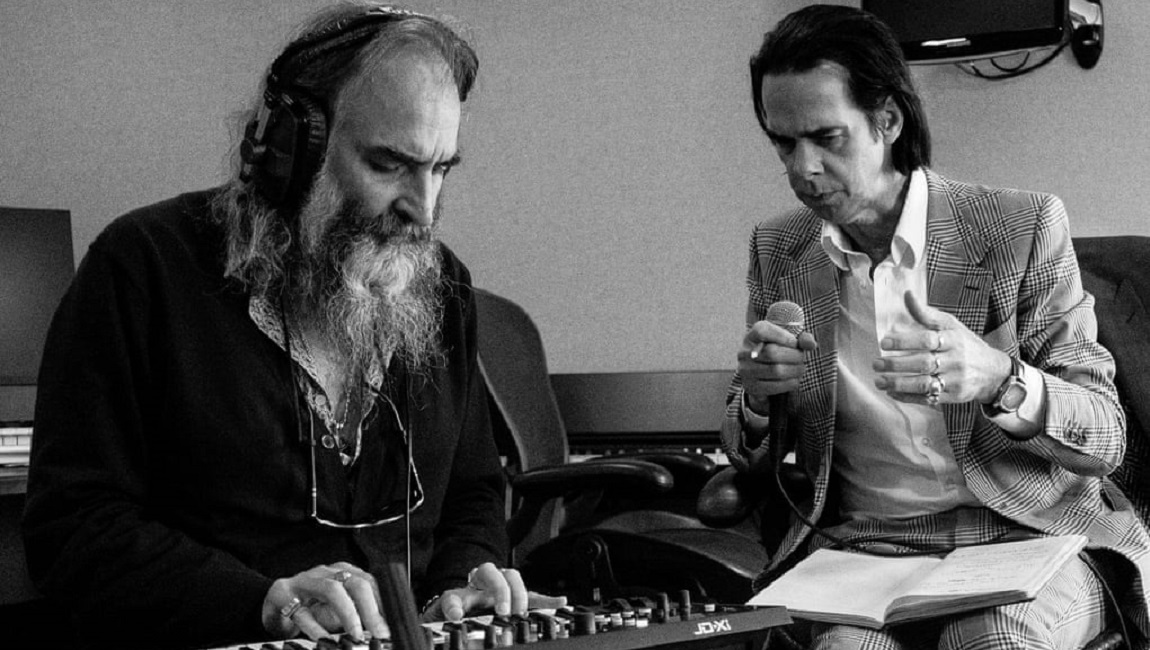Who is Nardo Wick? is a successful enough introduction to the eponymous rapper, superficial but with personality to carry him forward.
Just exactly Who Is Nardo Wick? The presented question — which happens to be the title of the Jacksonville rapper’s solid-enough debut album — is a curt, straight-to-the-point opening statement of intent; it’s “upfront” to a degree that’s practically candid. The cover art, which is a black-and-white photo of Wick solemnly standing in front of a house, with two friends in the near background, reflects this attitude persuasively; he’s also wearing a wife-beater, a pair of jeans, and what looks like some Air Force Ones. Yet, it’s one that, aesthetically, is in line with Wick’s music, or it at least all comes together to create something of an aesthetic for him to convincingly embody this early in his career. Stylistically, he’s closest to the archetypal likes of 50 Cent and 21 Savage, two authoritative MCs before him who also heavily relied on their vocal presences and personalities to make up for verbal deficiencies: he raps with a deadening, blunted cadence; he grumbles death threats through his teeth with a monotone flow, saying a lot with usually very little. He emulates the former on “Alley Cat,” dripping with 2000s-era misogyny at every turn (he insults a lover for “talkin’ ’bout all them n***s she fucked,” when three songs later on “Baby Wyd?” he brags about how “when I put it in your stomach, you be screamin’, tryna take it”) and truly embodies the latter on “Wicked Witch,” dropping designer brand-names over a foreboding Metro Boomin beat, one that would have been right at home on Savage Mode.
There’s a simplicity to Wick’s music in the way he communicates and expresses himself, often only through short, monosyllabic words: on “Alright” he builds a hook around repeating the phrase “alright, alright,” then slightly re-directs his flow on the post-chorus by changing his wording to “alright, ok.” “Chop Chop” has an epizeuxis chorus that consists of him muttering “chop-chop” 16 times in a row, with a volley of “chop”-related puns and utterances following shortly after (“Chopstick make a n***a chop, chop, chop”). “Power,” the most menacing track here, is similarly structured around benumbing vocal and lyrical reiterations — he has, among other things, “power,” “rank,” “status,” “killers,” “guns,” “stripes,” “points,” “bank,” “guap,” and “racks” — that make up the majority of the song’s length, with a brief verse sandwiched in the middle. It’s a one-dimensional approach to songwriting — stretched especially thin at 18 tracks — that only really works for a premiere this low-key in scope, one which gestures toward some minor fulcrum of potential whenever deviation occurs in this formula. The longest cut — a regional smorgasbord of Florida, Chicago, and Atlanta flavor — is a star-studded remix to “Who Want Smoke,” where an animated Lil Durk and conceited G Herbo are unable to outshine Wick on his own turf; try as they must, nothing can top that infamous stomping refrain, followed by “what the fuck was that?” a few times over, before closing out with a deadpan meta-response (“that’s how I step on ni***s”). All things considered, that’s about as good as these types of introductions can ever hope to get.
Published as part of Album Roundup — December 2021.







